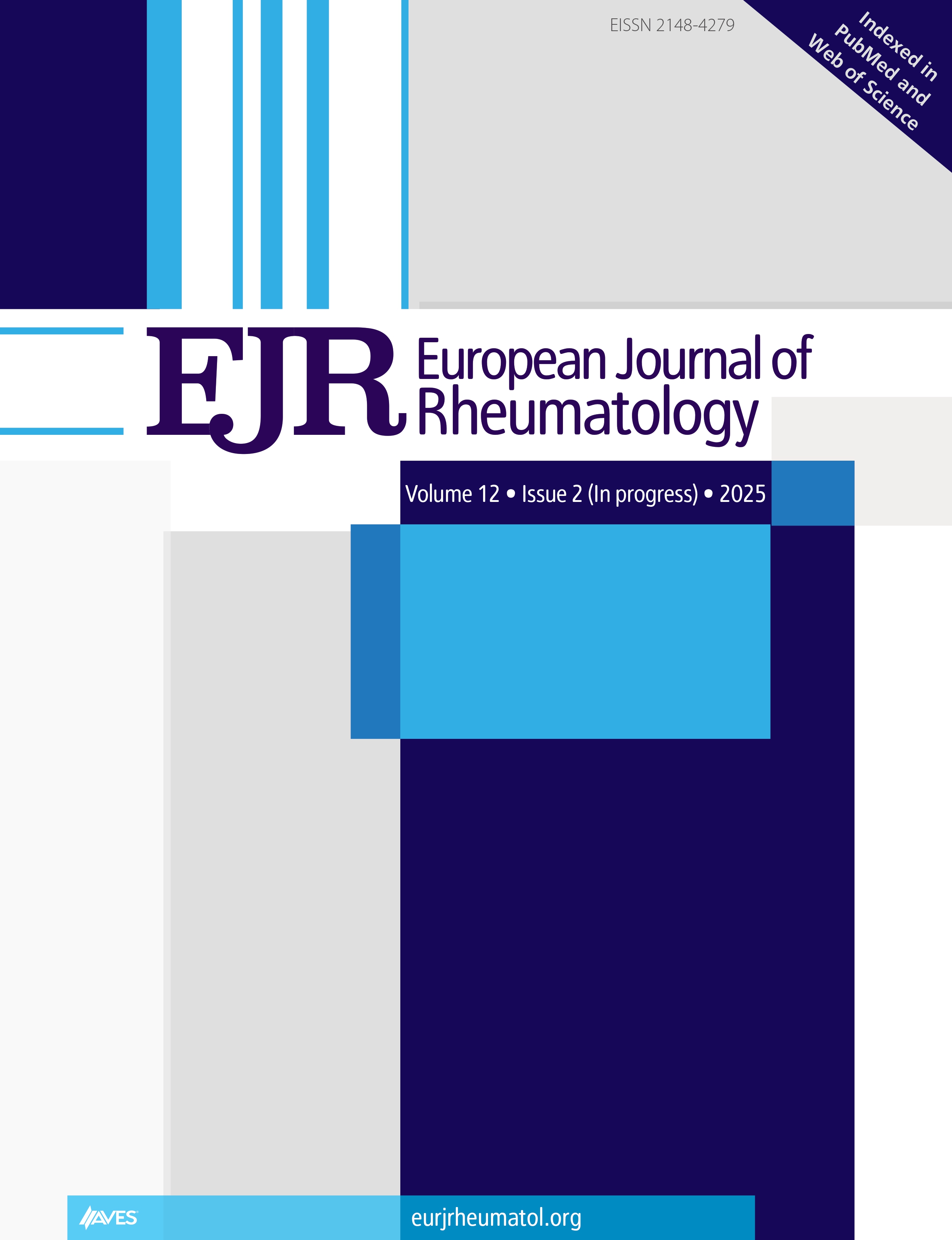Objective: To delineate the pattern of joint involvement in neonatal septic arthritis, assess the prognosis, and determine significant predictors of unfavorable outcome.
Methods: Subjects were recruited through purposive sampling after obtaining parental consent. A detailed history and examination findings with perinatal data were recorded. Ultrasound and magnetic resonance imaging data of affected joints and blood culture and aspirated joint fluid culture data were recorded along with management received. Cases were followed-up every 3 months from discharge up to minimum 12 months. An unfavorable outcome indicated by permanent joint deformity or restricted range of movement of the affected joint, limb length discrepancy, and persistent joint deformity upon radio imaging at the end of the follow-up period were also included.
Results: The hip joint involvement (59.2%) was the commonest with predominance of the monoarticular pattern of affliction (74.4%). An overall outcome was favorable in 70.3% subjects with prompt diagnosis and management. A delay in seeking treatment was found to be an indicator of unfavorable outcome. In addition, disease detection by ultrasound at presentation predicted unfavorable outcome.
Conclusion: Neonatal septic arthritis is a rare disease with predominant hip or knee involvement. Outcome is favorable with early detection and institution of appropriate management. A delay in treatment worsens prognosis.
Cite this article as: Rai A, Chakladar D, Bhowmik S, Mondal T, Nandy A, Maji B, et al. Neonatal septic arthritis: Indian perspective. Eur J Rheumatol 2020; 7(Suppl 1): S72-S77.



.png)